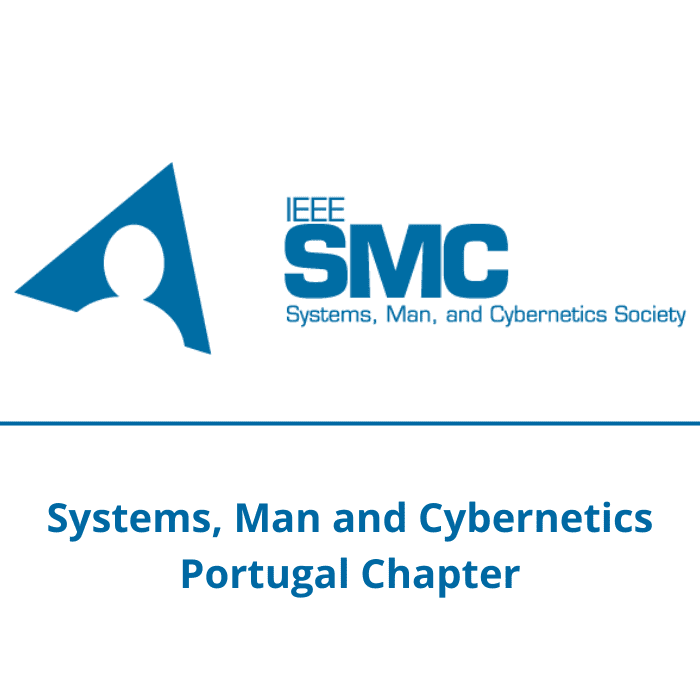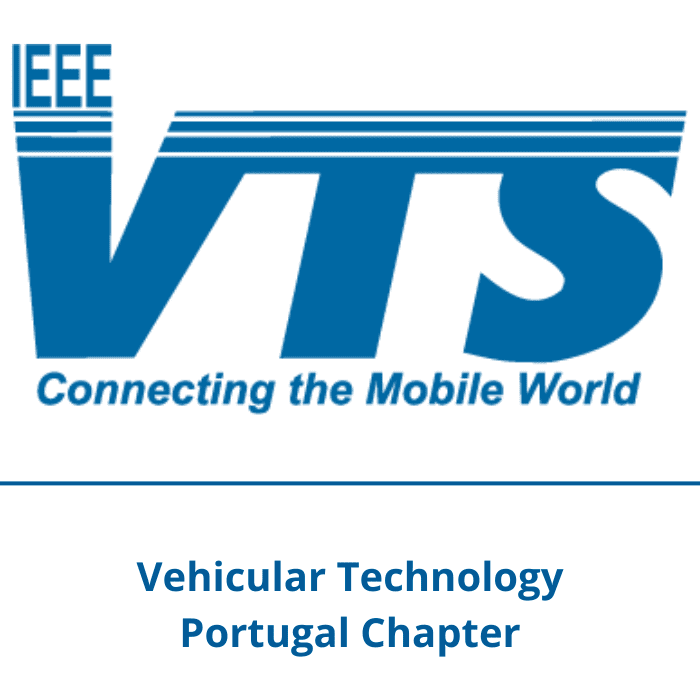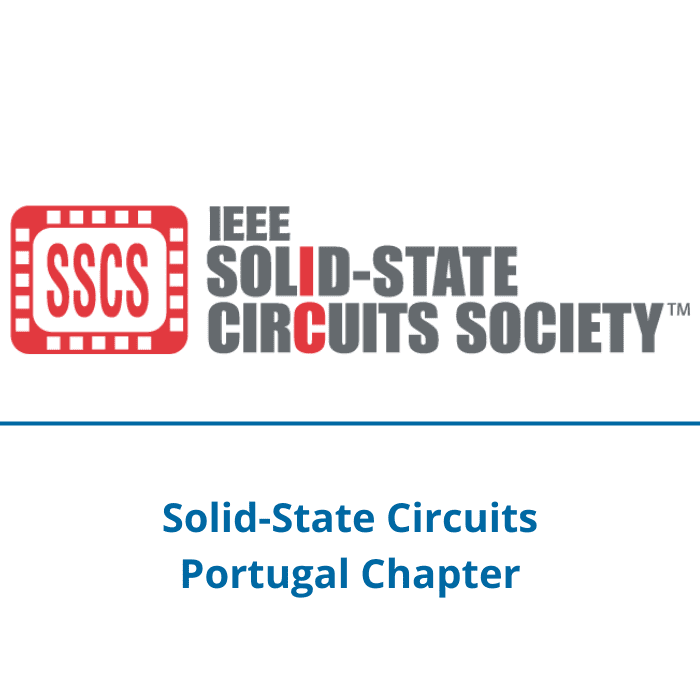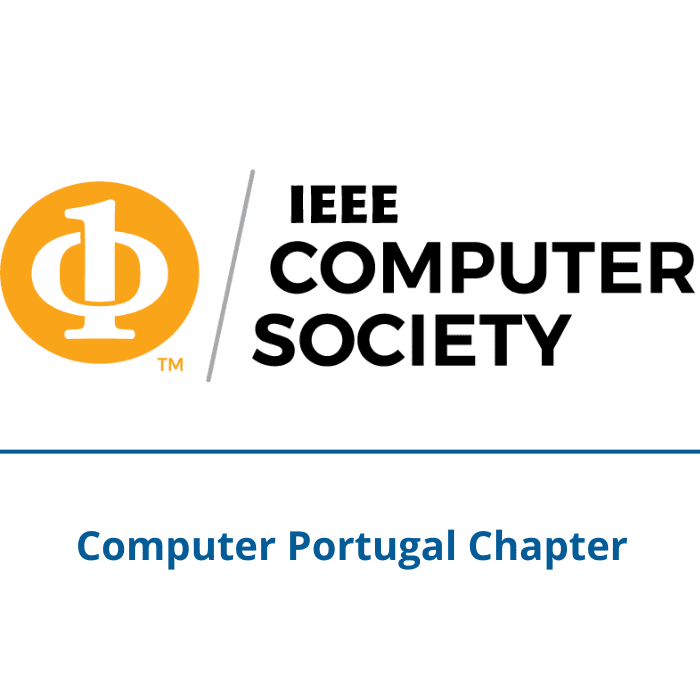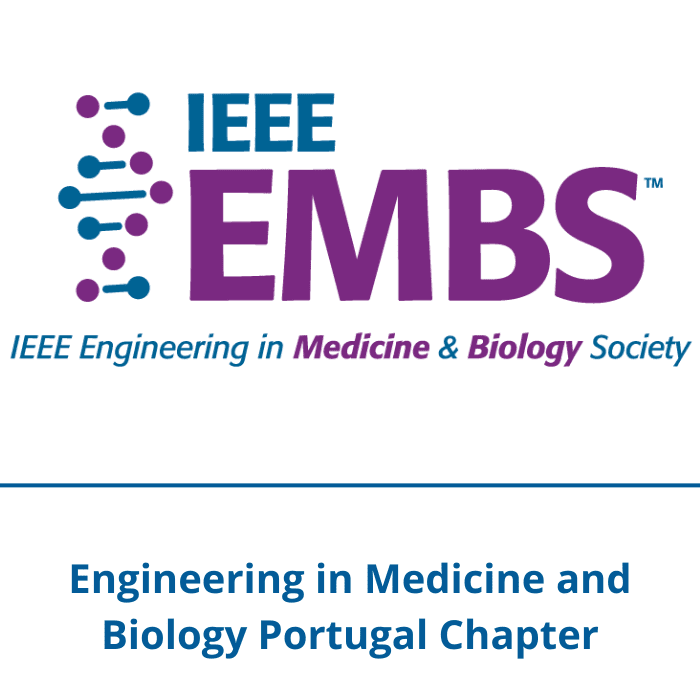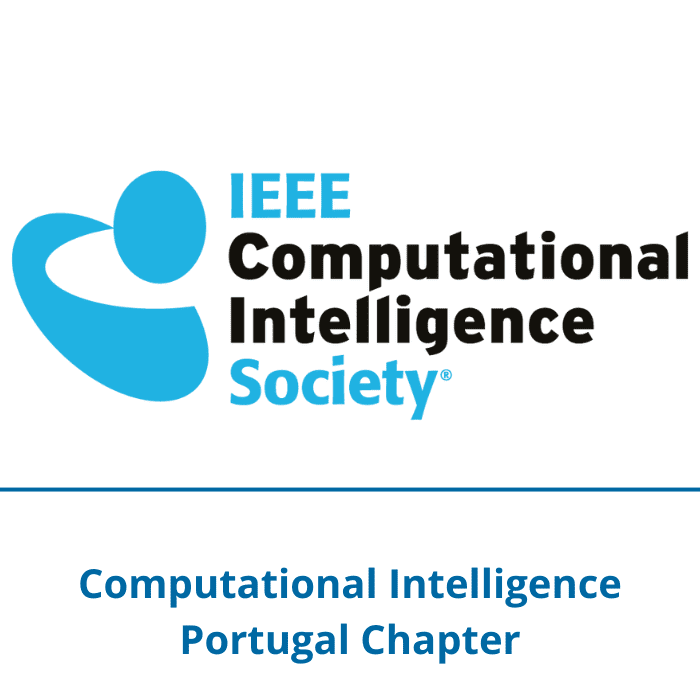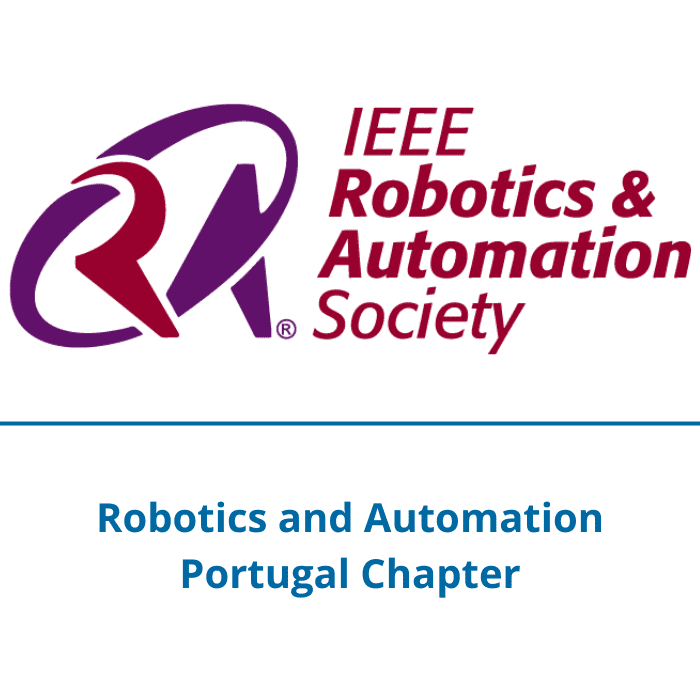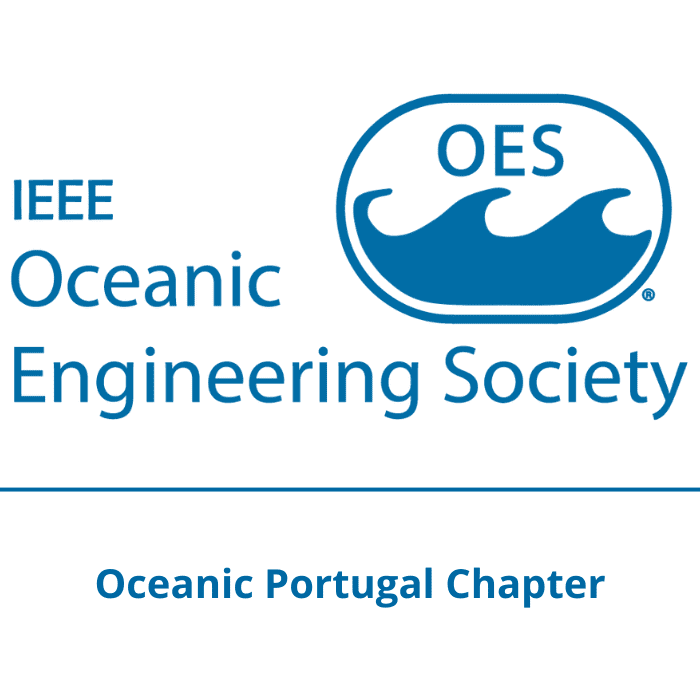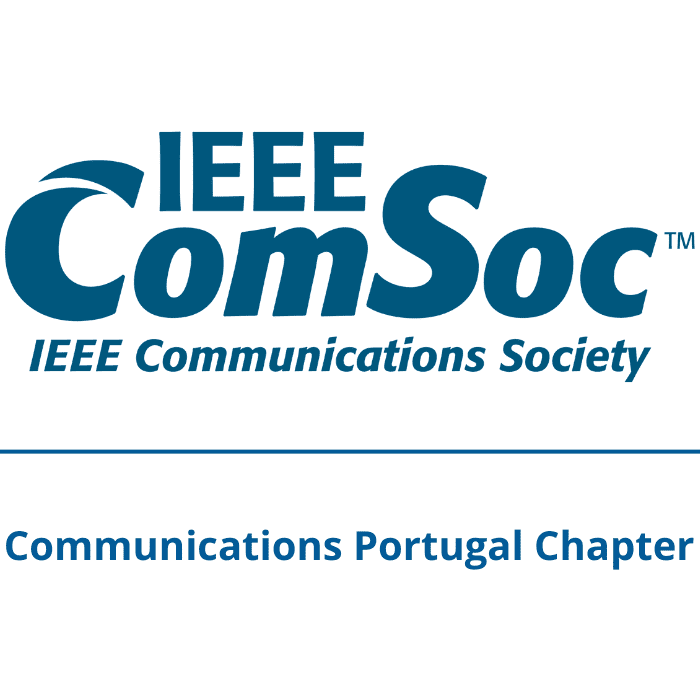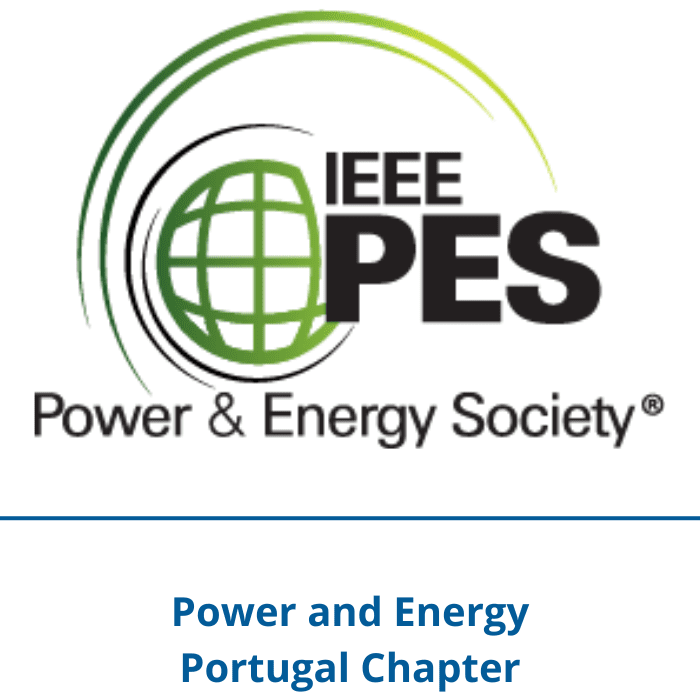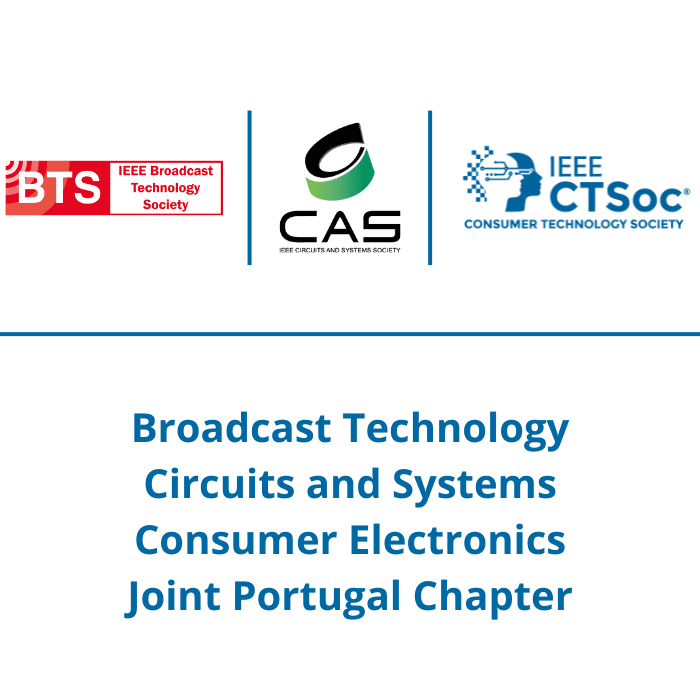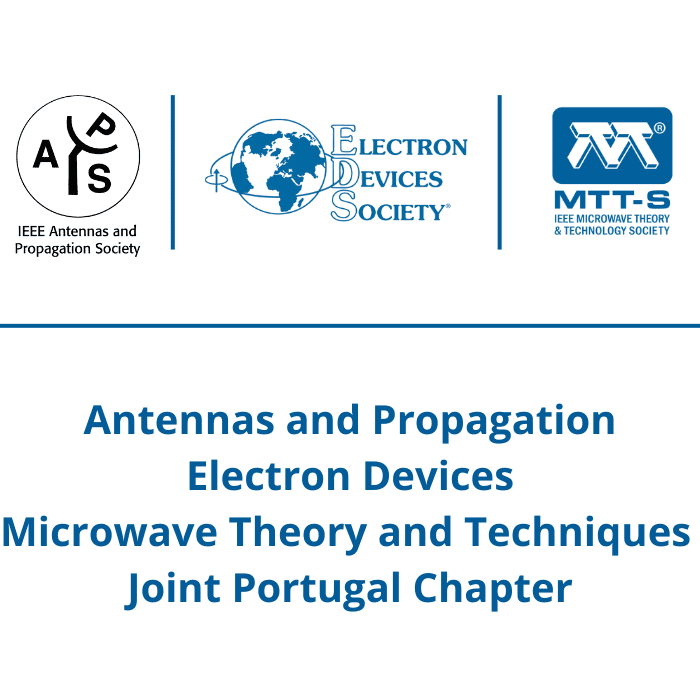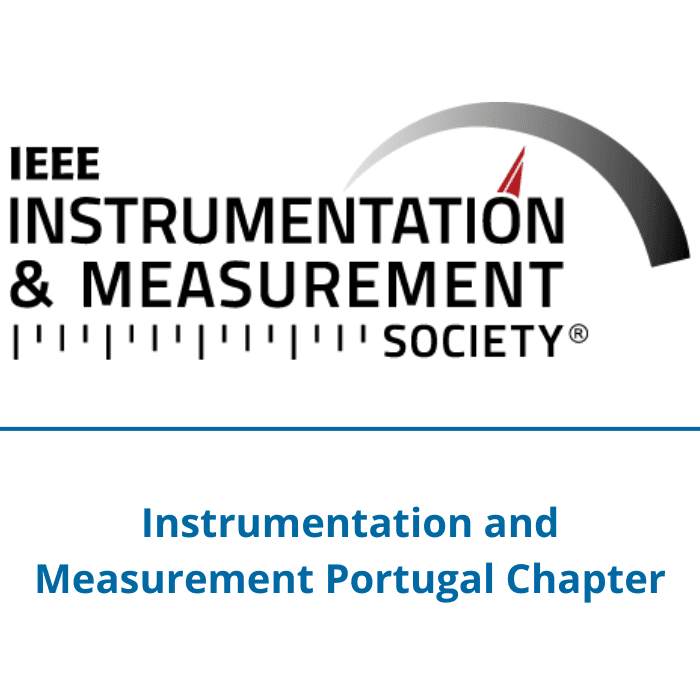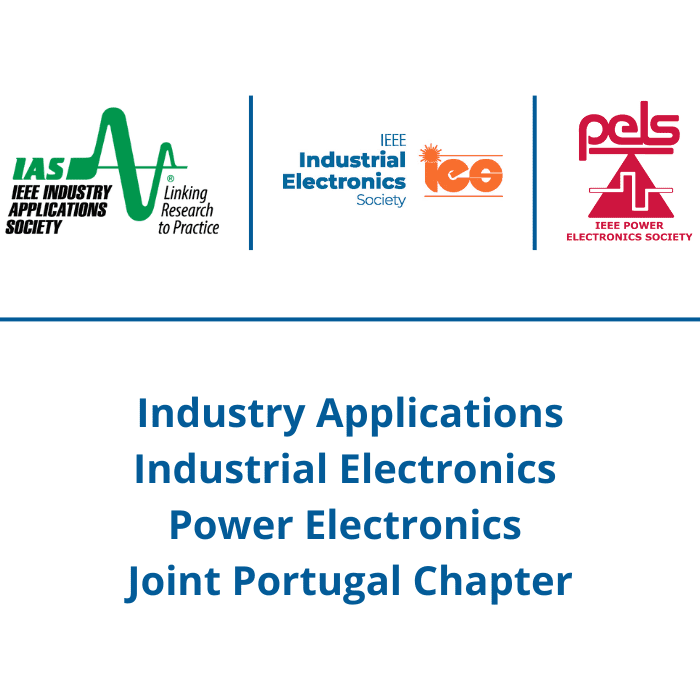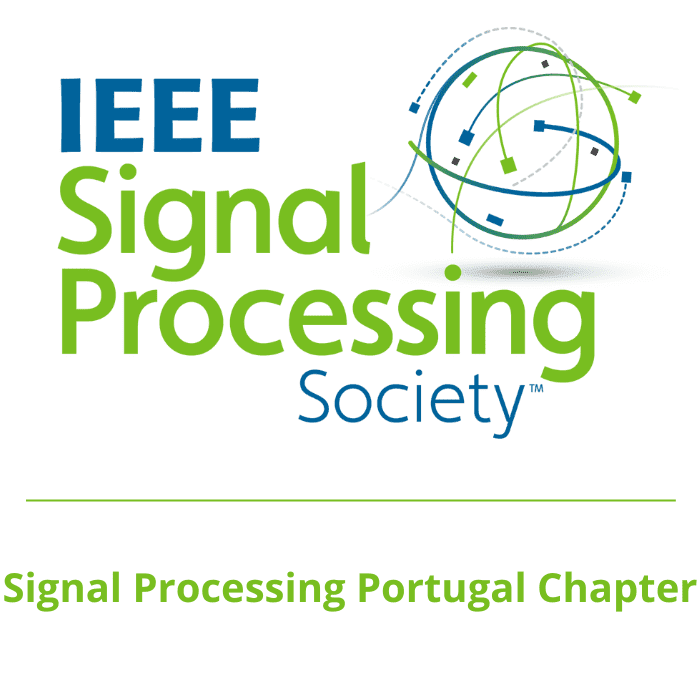Session 1: Inclusive Electrifying Transportation
Session Organizers:
Ankit R. Patel, University of Minho, Portugal
Nuksit Noomwongs, Chulalongkorn University, Thailand
Frances Sprei, Chalmers University of Technology, Sweden
Elliot Fishman, Institute for Sensible Transport, Australia
Bhuvan Atluri, Massachusetts Institute of Technology, USA
ABSTRACT – Because of the diverse nature of its operations, the transportation industry is typically responsible for the creation of the majority of new jobs in any nation. However, at the same time it produces a significant amount of greenhouse gases (GHGs), which contribute to the warming of the planet. In this scenario, electrifying the transportation systems for all types of vehicles is a feasible answer for the decision-makers in charge of policy. If we take these steps, we will be able to ensure that everyone has access to transportation that is equitable, reliable, and affordable. Naturally, this will result in the improvement of urban areas, allowing us to select from a greater variety of travel experiences than we have ever had before. With this in mind, the special event is geared toward academics and industry professionals who are interested in sharing the findings of their inclusive electric transportation research as well as their practical experiences.
EDAS Submission: https://edas.info/N31911
Website: https://www.majorankit.com/ieeemelecon2024
Session 2: Electronics in Smart Cities: Shaping Urban Innovation
Session Organizers:
Daniel Costa, University of Porto, Portugal
Ivanovitch Silva, Federal University of Rio Grande do Norte, Brazil
ABSTRACT – In the rapidly evolving domain of smart cities, substantial research efforts have been directed toward optimizing urban environments through different disruptive applications. In this potentially complex scenario, further exacerbated by the unfolding and dramatic events resulting from ongoing climate changes, there is an increasing need for affordable, versatile and efficient hardware solutions to support the required innovations. This special session aims to delve into the critical role of electronic hardware in shaping the future of smart cities. It will explore cutting-edge electronic development platforms and architectures, emphasizing on innovative solutions centered on open-hardware boards specifically tailored for smart city applications. Particularly, hardware optimizations in smart applications, sustainable hardware disposal and recycling, hardware positioning and deployment in urban areas, energy harvesting for smart units, affordable electronics for smart cities, embedded sensing, instrumentation for urban monitoring, and smart applications of AI-enabled hardware, are some of the topics that will be covered in this special issue. Focusing on the pivotal role of electronic hardware in advancing smart cities, this special issue aims to bring together researchers in diverse areas around sustainable, equitable, resilient and greener smart cities.
EDAS Submission: https://edas.info/N31912
Session 3: Enabling Electric Mobility for Sustainable Grids, Cities and Society
Session Organizers:
Hugo Morais, INESC-ID, Portugal
Matej Zajc, University of Ljubljana, Slovenia
ABSTRACT – Electric mobility, primarily through electric vehicles (EVs), presents an innovative and eco-friendly approach to personal and public transportation. With zero tailpipe emissions, EVs offer a significant reduction in greenhouse gas emissions, air pollution, and noise pollution. However, the successful integration of electric mobility into our daily lives depends on multiple factors that include the definition of new business models and a clear definition of the roles of different stakeholders. Sustainable power grids are a fundamental pillar of this transformation. They involve modernizing and optimizing the energy infrastructure to meet the increasing demand for electricity to charge EVs. This requires the deployment of smart grids, energy storage solutions, and grid management technologies to ensure a reliable and efficient power supply. Next, it is important to consider the use of EVs as an important source of flexibility for the system, especially when V2I technologies are available. In addition to power grids, cities should also adapt to this new reality. Urban planning, policy and infrastructure development must adapt to accommodate electric mobility. This includes expanding charging infrastructure, redesigning transportation systems, and incentivizing greener modes of transportation. Sustainable cities that embrace electric mobility can benefit from reduced air pollution, lower carbon emissions, and improved quality of life for residents. The societal dimension of this topic encompasses the broader implications of electric mobility. These include job creation in the EV industry, changes in user behavior, and the potential for more equitable access to transportation. In addition, electric mobility can lead to significant energy savings and a reduced dependence on fossil fuels.
EDAS Submission: https://edas.info/N31913
Session 4: Advanced Control of Grid-Connected Converters for Distributed Generation and Power Quality
Session Organizers:
Hadi Y. Kanaan, Saint-Joseph University of Beirut, Faculty of Engineering (ESIB), Lebanon
Kamal Al-Haddad, Ecole de Technologie Supérieure, Montreal, Canada
ABSTRACT – Renewable sources, such as photovoltaic panels, wind generators and fuel cells, are usually connected directly to the grid for cogeneration. This connection is made through power electronics interfaces that should ensure high stability, voltage regulation, power flow control, and low electromagnetic emission, along with high power density, low cost and high reliability. In some applications where high power level is required, the switching frequency of the power semiconductors is limited and the use of multilevel or interleaved converters becomes mandatory in order to get an acceptable power quality. This session addresses the issues of advanced control techniques applied to such converters to improve their performance, efficiency, reliability and cost-effectiveness.
EDAS Submission: https://edas.info/N31914
Session 5: New Perspectives in Diagnosis and Control of Electrical Power Systems and Converters Based on Artificial Intelligence
Session Organizers:
Marco Bindi, University of Florence, Italy
Igor Aizenberg, Manhattan College, USA
ABSTRACT – Nowadays, the monitoring and control of electrical power systems play a fundamental role in many different industrial sectors. In the field of energy supply, the recent decarbonisation processes launched by several countries to reduce the effects of environmental pollution and climate change are significantly increasing the quantity of renewable energy injected into electricity grids. Given the high variability of production from renewable generators, the control of energy flows represents a key aspect to guarantee the stability and reliability of electricity networks. Therefore, this “green revolution” requires the introduction of new power drivers, electronic circuits and control strategies to facilitate the spread of distributed generation. Likewise, the maintenance of these innovative devices plays a fundamental role in increasing the availability of the electricity service and reducing recovery times. In fact, the transition from the classic corrective to predictive maintenance approach has become a stimulating and challenging topic in the field of rotational electric machines, power converters, energy storage and grid interface systems. Artificial intelligence algorithms have a crucial role in the control and diagnosis of these devices, as they facilitate the development of new management strategies and introduce the possibility of preventing failures before they produce catastrophic consequences.
EDAS Submission: https://edas.info/N31915
Session 6: Strategies, Challenges, Modelling and Optimization of Electric Vehicles
Session Organizers:
J Baskaran, PSG Institute of Technology and Applied Research, India
Veerpratap Meena, National Institute of Technology Jaipur, India
Barry Hayes, University College Cork, Ireland
Sanjeevikumar Padmanaban, University of South-Eastern Norway, Norway
ABSTRACT – The shift of transportation technology from internal combustion engine (ICE) based vehicles to electric vehicles (EVs) in recent times due to their lower emissions, fuel costs, and greater efficiency has brought EV technology to the forefront of the electric power distribution systems due to their ability to interact with the grid through vehicle- to-grid (V2G) infrastructure. The greater adoption of EVs presents an ideal use-case scenario of EVs acting as power dispatch, storage, and ancillary service-providing units. This EV aspect can be utilized more in the current smart grid (SG) scenario by incorporating demand-side management (DSM) through EV integration. Integrating EVs with DSM techniques is huddled with various issues and challenges. Necessary support in DSM programs can be provided by the integration of EVs, which can operate in a wide variety of ways either as a load, supplier to the electric utility, or as independent battery ESS systems. With the latest SG technologies, the distribution system operators (DSOs) can coordinate EV charging periods and pricing tariffs, log metering infrastructure data, and, thus, successfully implement DSM programs. When the consumers act as active participants in the DSM programs, they can utilize three workable approaches to modify their energy usage patterns. Given this context, and especially considering the expected growth in EV integration levels, this Special Issue aims to collect original research and studies about the abovementioned multidisciplinary topics, including all technical, economic, and policy aspects related to the impact of EVs on power systems.
EDAS Submission: https://edas.info/N31916
Session 7: Intelligent Management of Electrical Power Systems
Session Organizers:
Tiago Pinto, University of Trás-os-Montes and Alto Douro, INESCTEC and GECAD, Portugal
José Baptista, University of Trás-os-Montes and Alto Douro and CPES-INESCTEC, Portugal
ABSTRACT – In recent years, the efficient use of energy resources has become a growing concern in various sectors of the economy. This is primarily due to the scarcity of some energy sources, the current economic context, and the increasing energy consumption. The significant increase in renewable energy production and the digital transformation of the electric grid have played a crucial role in addressing these challenges. As result, this sector has become a broad field of study and application for several computational methods focused on optimization, modeling, and simulations of new functionalities and management models for smart electrical grids. This is a highly multidisciplinary research field where computer science plays a fundamental role in the analysis, development, and implementation of methods that integrate communication, data processing, and decision- making regarding the functionalities of these smart grids. The use of heuristic methods and artificial intelligence applied to both traditional power systems and smart electrical grids seeks to find increasingly efficient ways to manage all these resources. This Special Technical Session aims to welcome innovative research proposals that use optimization and artificial intelligence methods, among others, applied to the management of power systems and smart electrical grids.
EDAS Submission: https://edas.info/N31917
Session 8: Demand response techniques in Renewable Energy Communities (RECs) and smart grids: modelling and applications in a highly EV mobility penetrated scenarios
Session Organizers:
Elisa Belloni, University of Perugia, Italy
Alicia Triviño, University of Malaga, Spain
ABSTRACT – The efficient management of energy exchange holds a critical role in the context of highly Electric Vehicle (EV)-penetrated smart grids. Building sector consumes a great percentage of energy, and the most crucial end-use in the residential sector is space heating/cooling, responsible for 68% of the energy consumption. Also, the transports impact cannot be neglected: in recent years a rapid growth of EV diffusion (increasing of about 30% in 2022) was observed. The electrical public grid is stressed due to the peak demand growing, the transmission and distribution infrastructure constraints, and an increasing share of electricity from renewables generation. Flexible electricity loads are suitable for reducing the costs for consumers and to decrease grid stress, creating a more resilient/reliable grid. The introduction of Renewable Energy Communities (RECs) allows the improving of renewable energy use and the share of energy between the members: their technical and economic viability depends on many interdependent factors (energy sources, types of renewables, kinds of members/citizen, primary energy demand, and electric grid features). The spread of energy communities is strongly correlated with the spread of renewables power plants (in particular PV), and EVs will mainly contribute to the overall energy balance of the community itself.
EDAS Submission: https://edas.info/N32039
Session 9: Current Trends in Biomedical Signal Processing and Artificial Intelligence for Respiratory Health
Session Organizers:
Rui Pedro Paiva, University of Coimbra, Portugal
Francisco Cañadas-Quesada, University of Jaén, Spain
ABSTRACT – Respiratory diseases, such as chronic obstructive pulmonary disease (COPD), lower respiratory tract infections, pneumonia or asthma, have significant impact on both patient’s health-related quality of life and healthcare systems. The World Health Organization (WHO) has long been warning of the importance of respiratory health since, worldwide, around 339 million people suffer from asthma and that, by 2030, COPD will become the third leading cause of death. This poses severe burdens to healthcare systems in terms of outpatient and inpatient care, as well as pharmaceutical costs, which are highly correlated with the severity of exacerbation episodes. In this scenario, research on respiratory health assumes particular relevance, offering several clinical benefits. Namely, it allows for the early detection of respiratory exacerbations in patients with chronic respiratory diseases, allowing earlier and, therefore, more effective treatment. Early intervention in exacerbations of these conditions has been shown to decrease hospitalization rates and improve long-term outcomes, including survival. Presently, there is a significant corpus of research on respiratory health-related topics, such as wearable sensing devices to respiratory decision-support systems, analysis of respiratory sounds and images or data science, to name but a few.
EDAS Submission: https://edas.info/N32040
Session 10: Harnessing the Power of Big Data in Healthcare: Transforming Insights into Action
Session Organizers:
Siddhivinayak Kulkarni, Dr. Vishwanath Karad MIT World Peace University, India
Nitin Pise, Dr. Vishwanath Karad MIT World Peace University, India
ABSTRACT – The integration of big data analytics into healthcare has the potential to enhance patient care, improvement in clinical outcomes, and optimize healthcare systems. This special session seeks to explore the current state and future possibilities of leveraging big data in healthcare. Various experts from academia, industry, and healthcare institutions will come together to discuss breakthroughs, challenges, and the transformative impact of big data on healthcare delivery. The session’s objectives are: Data-Driven Healthcare Systems, Clinical Applications, Population Health Management, Interoperability and Data Integration, Data Security and Privacy, and Innovative Technologies.
EDAS Submission: https://edas.info/N32041
Session 11: High-Temperature Superconductivity Technologies for a Sustainable Energy Transition
Session Organizers:
João Murta Pina, NOVA School of Science and Technology, Portugal
Wescley de Sousa, Karlsruhe Institute of Technology, Germany
ABSTRACT – This special session aims to demonstrate the unavoidable potential of technologies based on high-temperature superconductivity for contributing to and accelerating the Energy Transition. With the ability to carry huge currents with negligible losses or to sustain unprecedentedly high magnetic fluxes, superconductors present a very attractive for developing improved or breakthrough technologies for electrifying the energy system. Superconductivity also enables major advances and prospects in the energy landscape, as is the case of nuclear fusion. This special session aims to present and discuss the latest developments and applications of high-temperature superconductivity-based technologies across the several links of the energy chain: generation, transmission and distribution, use, and energy storage. It will be a privileged forum for researchers and scientists to present their latest advancements and their implications for a sustainable and resilient future, as well as a privileged forum for interdisciplinary dialogue and knowledge exchange. This special session is organized under the framework of the COST Action Hi-SCALE (High- Temperature SuperConductivity for AcceLerating the Energy Transition, https://www.cost.eu/actions/CA19108/)
EDAS Submission: https://edas.info/N32042
Session 12: Marine Electronic Systems
Session Organizers:
Nuno Cruz, FEUP, University of Porto, Portugal
José Carlos Alves, FEUP, University of Porto, Portugal
ABSTRACT – As the oceans play an increasingly pivotal role in scientific exploration, resource extraction, and global trade, this special technical session is a forum for sharing expertise and contributing to the ongoing advancements in the intricate landscape of marine electronic and computing systems for the complex marine environment. Delving into advancements in technology, the session aims to showcase cutting-edge solutions that enable seamless operation in the harsh maritime conditions, fostering breakthroughs in oceanographic research, exploration and underwater surveillance, for example. Authors are invited to contribute with works on various aspects of electronics dedicated to marine navigation, localization, and communication systems. Topics of interest include innovative technologies and protocols tailored to the unique demands of seafaring vessels, exploring the integration of satellite technologies for global positioning, novel approaches to enhance maritime safety, and new electronic aids to assist navigation in the complex underwater environment. The challenges of increasing the autonomy of marine autonomous vehicles and systems is another key theme to address. Topics include innovative energy harvesting systems and technologies for the maritime domain, especially for deep-sea operation, state-of-the-art energy-efficient embedded computing systems, including customizable RISC-V and heterogeneous architectures, and reconfigurable or adaptive computing. Works are also welcome on unconventional propulsion systems for underwater or surface vehicles, pressure-tolerant electronics, and other challenging electro-chemical-physical aspects associated with long-term exposure to the harsh marine environment. Furthermore, the session welcomes articles that explore the latest sensor technologies for marine applications, such as advanced sonar systems for underwater mapping and detection, and embedded AI for smart sensing devices, including advancements in decision-making processes to foster the overall autonomy and safety of marine systems.
EDAS Submission: https://edas.info/N32043
Session 13: Advanced Energy and Power Technologies for Future Power and E-mobility Systems
Session Organizers:
João Fernandes, Instituto Superior Técnico, Portugal
Vitor Monteiro, University of Minho, Portugal
Rui Esteves Araújo, FEUP, University of Porto, Portugal
ABSTRACT – The increased electrification of the industrial and transport sectors has led to an increase in requirements for the electrical grid and devices. These are related to the need for more flexibility in operation, higher specific power and efficiency and lower manufacturing and maintenance costs, while, ensuring an acceptable electric energy quality. Within several technologies, power electronics and electrical machines pay a critical role for enabling a sustainable and more resilient future of power and mobility systems. Regarding electrical machines, recent research trends focus on the application of advanced materials, such as soft composites, high saturation iron allows and superconductors, and advanced cooling techniques for the design of high-specific power and efficiency solutions. Regarding power electronics, new wideband gap components, new core materials, advanced topologies of power converters, multifunctional structures, diagnostic techniques and new digital control algorithms are key topics of research. To achieve a successful implementation of these technologies, their integration should also be considered. Thus, new ecodesigns and diagnosis techniques, additive manufacturing, lifecycle assessment and multidisciplinary optimization and integration of power electrics and electrical machines may pave the path for the next generation of power and mobility systems.
EDAS Submission: https://edas.info/N32044
Session 14: Sustainable and Smart: Future Trend
Session Organizers:
Michela Longo, Politecnico di Milano, Italy
Nicoletta Matera, Politecnico di Milano, Italy
ABSTRACT – European efforts to improve urban air quality and to increase the use of Renewable Energy Sources (RESs) and Battery Electric Storage Systems (BESSs) determine the urgent need for sustainable technologies. Different areas of mobility such as the rail, road, marine and aviation sectors are undergoing gradual electrification. With recent policies enacted to address climate change, the electricity generation from various renewable energy sources is increasing, and their non-programmability will also pose new challenges for the electric system to meet the energy demand of electric vehicles (EVs). In this context, the expected EV spread will inevitably bring challenges related to the reuse and end-of-life recyclability of all components. In this regard, high integration for low-cost mass production and recyclability may become conflicting requirements. Electromagnetic compatibility and power quality both within the on-board power system and in the infrastructure interfacing with the grid (e.g., charging stations, integrated photovoltaics) are also key issues that depend on power system integration and can impact safety and resilience. To address all these aspects, Machine learning (ML) techniques are proven to be an effective approach. To conclude, the proposed special session aims to study and analyse different aspects related to the role of EVs within smart grids/microgrids characterized by the interaction between RESs and BESS systems managed with smart, reliable and cost-effective energy management systems. All these research topics fall within the objectives of the MOST – Sustainable Mobility Center and received funding from the European Union Next-GenerationEU (PIANO NAZIONALE DI RIPRESA E RESILIENZA (PNRR) – MISSIONE 4 COMPONENTE 2, INVESTIMENTO 1.4 – D.D. 1033 17/06/2022, CN00000023).
EDAS Submission: https://edas.info/N32045
Session 15: Empowering Healthcare: Patient-Centric Innovation and Technology Integration
Session Organizers:
Ana Paula Rocha, FCUP, University of Porto, Portugal
Luca Faes, University of Palermo, Italy
ABSTRACT – Healthcare is continuously focused on providing better quality care services to patients. Among the several innovations emerging in the last years, one of particular impact is the shift towards a more patient-centric approach rather than a hospital-centric approach, which delivers patient empowerment in addition to a cost-effective and mobile healthcare ecosystem. This revolutionary wave is intricately tied to the integration of current and future knowhow, with a growing focus on the development and use of cutting- edge technologies. Within this evolving landscape, the incorporation of advanced medical devices and sensors plays a pivotal role, enabling continuous monitoring of physiological signals. These signals, in turn, provide valuable insights into complex biological systems, enhancing our understanding of the intricate mechanisms at play in both health and disease. The application of various mathematical models further amplifies this understanding, facilitating the simulation of individual physiological responses and paving the way for personalized medicine. Crucially, as we delve deeper into this technological frontier, it becomes imperative to uncover effective techniques and methodologies for processing and analyzing biomedical signals and images that can be more and more effective for both diagnostic and therapeutic purposes. The wealth of information extracted is not merely confined to immediate applications but serves as a foundation for predictive analytics and decision support. To this end, artificial intelligence tools are emerging as key tools leveraging the wealth of data for enhanced diagnosis and decision-making support. By combining advanced technologies, focusing on patients, and using advanced tools, the healthcare industry is moving towards a future where care is not only efficient but also highly personalized and empowering.
EDAS Submission: https://edas.info/N32046
Session 16: Massive Renewable Energy Deployment: Transition through Education and Skill Enhancement
Session Organizers:
Araceli Hernández, Universidad Politécnica de Madrid, Spain
Brian Azzopardi, Malta College of Arts, Science and Technology, Malta
ABSTRACT – This Special Technical Session examines the crucial role of education and skill development in navigating the pathway to a global energy transition. As societies worldwide shift towards sustainable power systems, the demand for a skilled workforce equipped with knowledge in renewable energy, smart grid technologies, circularity, and sustainable practices is increasingly imperative. This session focuses on innovative educational strategies that empower professionals and students to understand, embrace, and lead the energy transition. It includes results from European educational projects, exploration of curricula, training programs, and collaborative initiatives aimed at upskilling and reskilling a workforce capable of steering the world towards a more sustainable and resilient energy future.
EDAS Submission: https://edas.info/N32047
Session 17: Advances in the internet of medical things
Session Organizers:
Leontios J. Hadjileontiadis, Khalifa University – Abu Dhabi, UAE
Sofia Balula Dias, CIPER, FMH, Universidade de Lisboa, Portugal
M Fatima Domingues, Khalifa University – Abu Dhabi, UAE
ABSTRACT – The Internet of Medical Things (IoMT) takes a step further from conventional internet of things by integrating the IoT technologies with medical devices, such as wearable sensors, implantable devices, and medical instruments, from which, several technical IoMT innovations arise, such as smart implants, nanobots, personalized medicine, augmented reality and data analytics, just to name a few. Within the Special Session on the Advances in the internet of medical things (SS-IoMT), innovation will be sought in different fields of IoMT architectures, with a particular focus on the integration of IoT with technologies, such artificial intelligence (AI) and machine learning (ML), digital twin, security and privacy, sensing advances and interoperability, energy efficiency, human computer interaction and human centered designs and clinical validation. Moreover, the seamless integration of IoMT with the environment will be explored, extending the concept of smart houses to open smart areas (e.g., airports, parks, train stations, school/university campuses) towards dynamic and unobtrusive behavioural sensing in-the-wild within the context of syndemic approach of health. Overall, the SS – IoMT will seek to showcase the latest innovations and technical advancements in the field of IoT and its applications in the medical domains, leading to improved healthcare outcomes and quality of life for patients. The SS-IoMT will bring together researchers, practitioners, and experts from various fields to share their knowledge and insights on the latest advances and trends in the field of medical IoT. It will act as a platform for participants to share their experiences and expertise in the field of IoT and its applications in healthcare scenarios, discussing the relevant challenges in the implementation of IoT technologies in the medical domains and contributing to find the necessary solutions to overcome such challenges. At the same time the discussions foreseen within SS- IoMT will help identify new opportunities and emerging trends in this field, while providing the necessary stage for participants to network and join forces with other experts in the field, leading to potential collaborations on future research projects or initiatives.
EDAS Submission: https://edas.info/N32048
Session 18: Machine Learning in the Future of Healthcare
Session Organizers:
Raquel Sebastião, Department of Informatics, Polytechnic Institute of Viseu, Portugal & IEETA, DETI, LASI, Aveiro University, Portugal
Susana Brás, IEETA, DETI, LASI, Aveiro University, Portugal
Rita P. Ribeiro, University of Porto & INESC TEC, Portugal
ABSTRACT – Medicine faces daily challenges, arising from the emergence of new diseases, from the need to reduce costs, or even from the demand for precise therapeutic interventions. These impose that the adoption of new techniques and technologies is critical to ensure accurate decisions. How can Machine Learning (ML) help overcome these challenges and significantly improve the efficiency and effectiveness of medical practice? In the healthcare context, ML plays a significant/fundamental role in the decision-making process, assisting both clinical assessment and therapeutic processes. ML is also crucial in the collection and process of patient data, to foresee and avoid awful situations, despite patient and healthcare management, testing and simulating novel therapeutic interventions, and supporting the development of innovative medical devices. This special session promotes the discussion of emergent topics, new projects, and ideas regarding the contributions of ML to Medicine and Healthcare. By convening experts from diverse disciplines, we anticipate delving into scientific and technical insights in medicine’s domain. The focus extends beyond technological advancements to encompass the societal impact of ML contributions in advancing patient conditions and assisting healthcare professionals.
EDAS Submission: https://edas.info/N32050
Session 19: Advancements in Radar‐Based Human Monitoring
Session Organizers:
Ana Patrícia Rocha, IEETA, DETI, LASI, Aveiro University, Portugal
Daniel Albuquerque, IEETA, ESTGA, LASI, Aveiro University, Portugal
ABSTRACT – Advances in several technologies have made human monitoring a pervasive aspect in our lives, providing details about human presence, posture, movement, and health, among other aspects. This information has the potential to improve our health, well‐being, comfort, and security, as well as enhance the interaction with the environments we live in. Personal monitoring often relies on wearable sensors, such as those integrated in smart bands and watches. However, this type of solution requires wearing the device and remembering to charge it regularly, limiting the scope of its use. In the context of indoor monitoring using non‐wearable sensors, a common solution involves the use of cameras. While they allow the monitoring of multiple subjects, they may raise privacy concerns, especially in more sensitive environments, such as bedrooms and bathrooms. Radars present a better alternative to these types of sensors, since they can be installed in the environment, do not capture images, and can gather information that is hard or impossible to obtain using cameras (e.g., vital signs). Radar‐based human monitoring has applications in several areas, such as healthcare, smart cities, biometrics, and human‐machine interaction. However,several challengesremain, including dealing with clutter and noise, the presence of random body movements in vital signs monitoring, monitoring of multiple subjects, and the applicability of different types of radars. In this context, the aim of this Special Session is to exchange and discuss innovative ideas and research in different topics that can contribute to the advancement of the field of radar‐based human monitoring. These topics include but are not limited to the following: human detection and tracking; vital signs monitoring; healthcare and biomedical applications; smart cities; activity/gesture recognition; biometrics; prevention and rehabilitation; human‐computer or human‐robot interaction; gait analysis; machine learning applications in radar‐based monitoring.
EDAS Submission: https://edas.info/N32051
Session 20: Utility Scale and Distributed Storage for Sustainable and Efficient Power and Energy Systems
Session Organizers:
Luis Gomes, GECAD / ISEP, Portugal
Pedro Salomé, NOA / INL / University of Aveiro, Portugal
ABSTRACT – This special session on “Utility scale and distributed storage for sustainable and efficient power and energy systems” will put together industry and academia bringing innovative methods and solutions to the integration of distributed energy storage. It covers the value chain from the materials to the final usage and it impacts in power and energy system, both in terms of economic and technical aspects. The benefits to the energy market and to each player individually is also covered. This session brings the solutions of the NGS – New Generation Storage, PRR project.
EDAS Submission: https://edas.info/N32083
